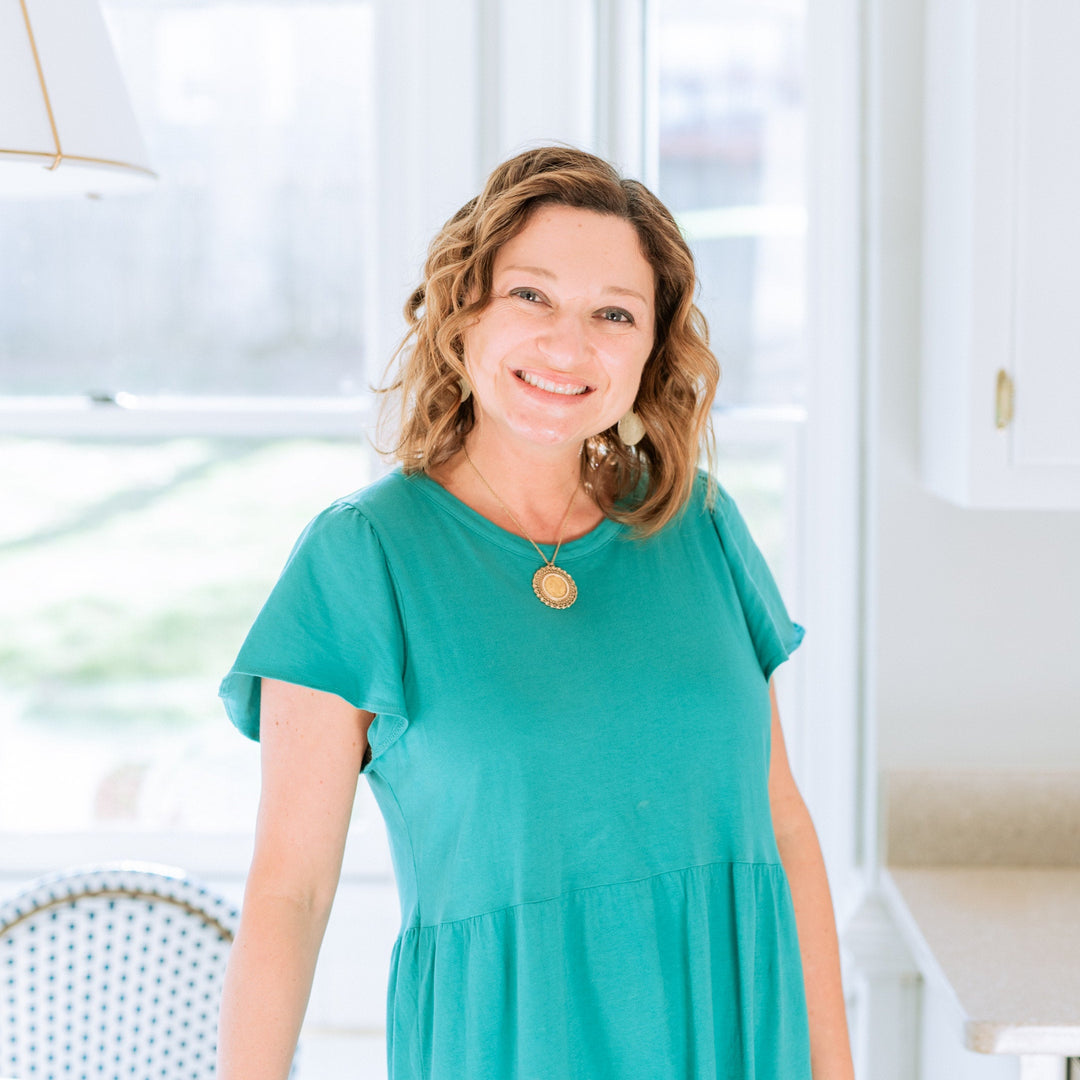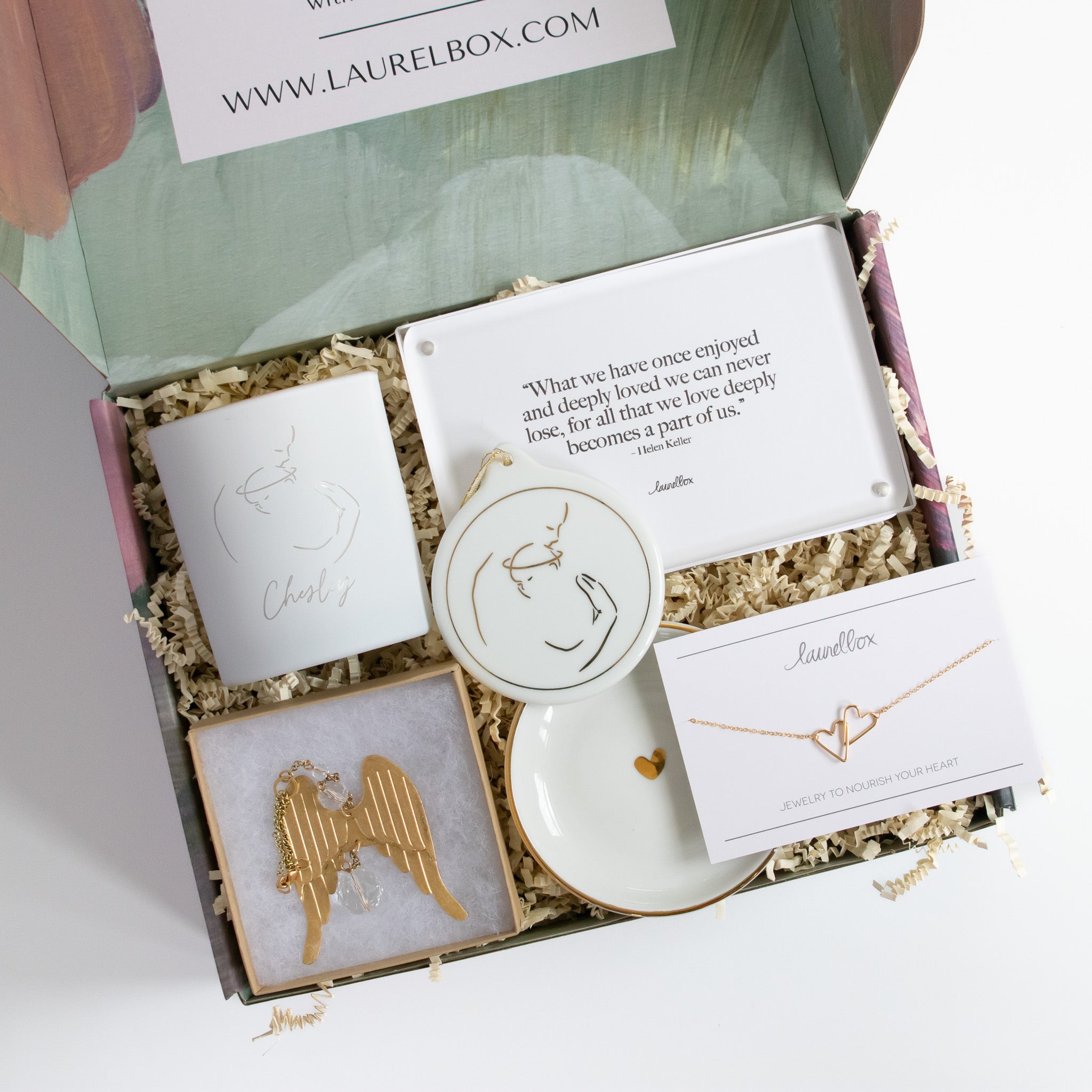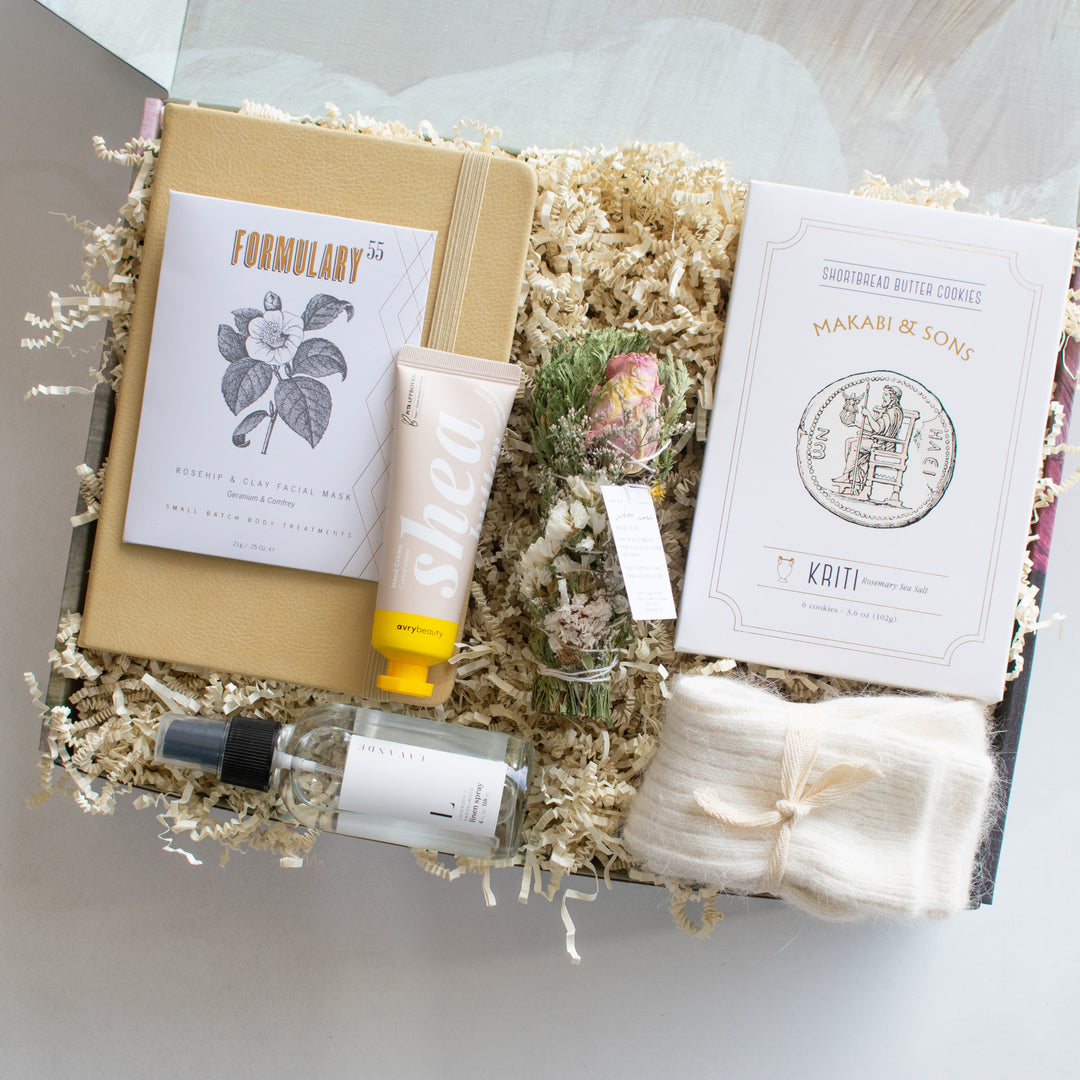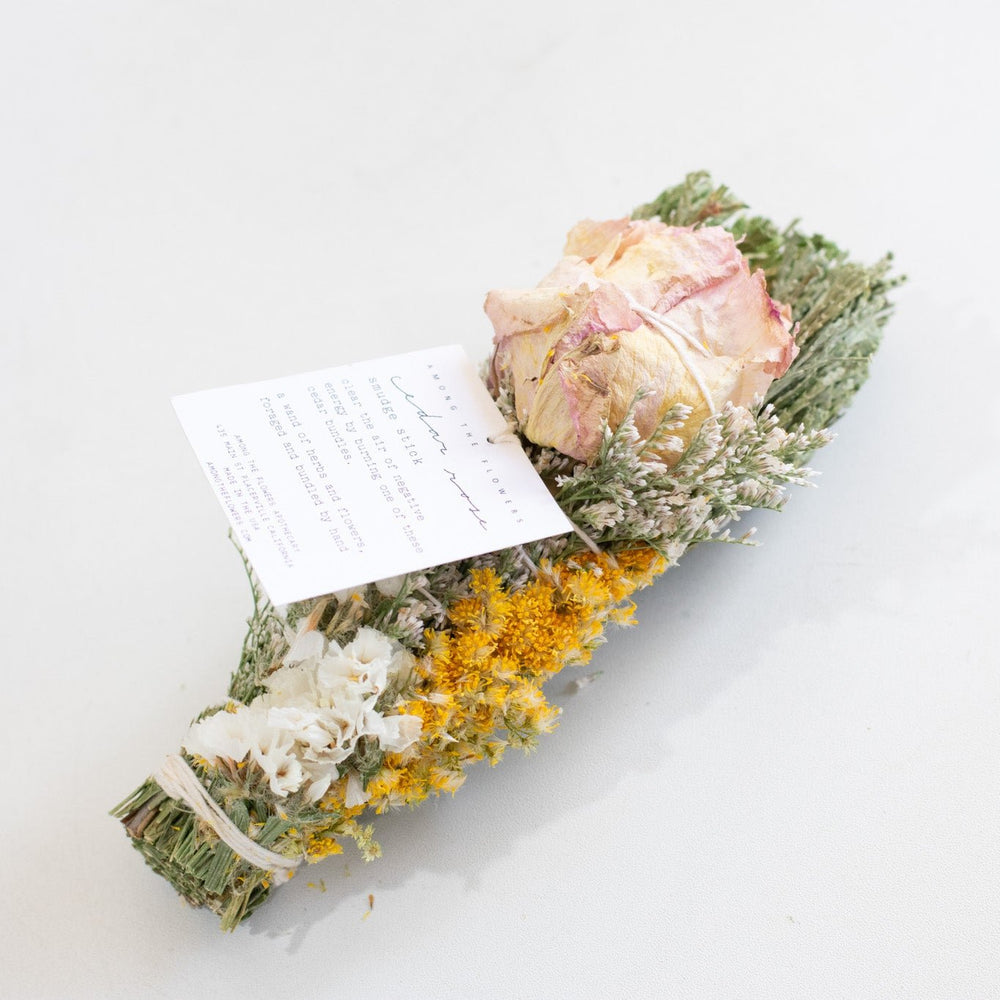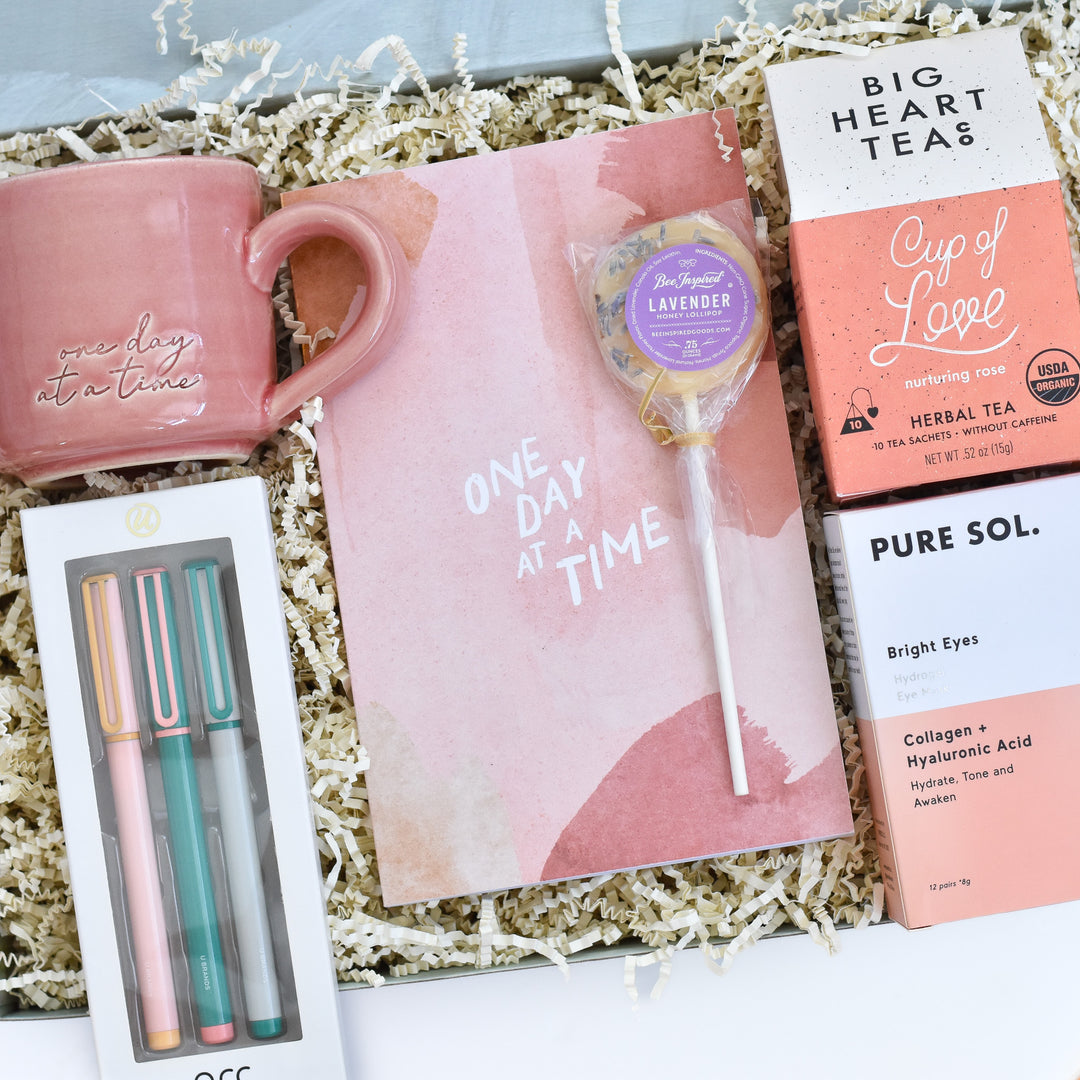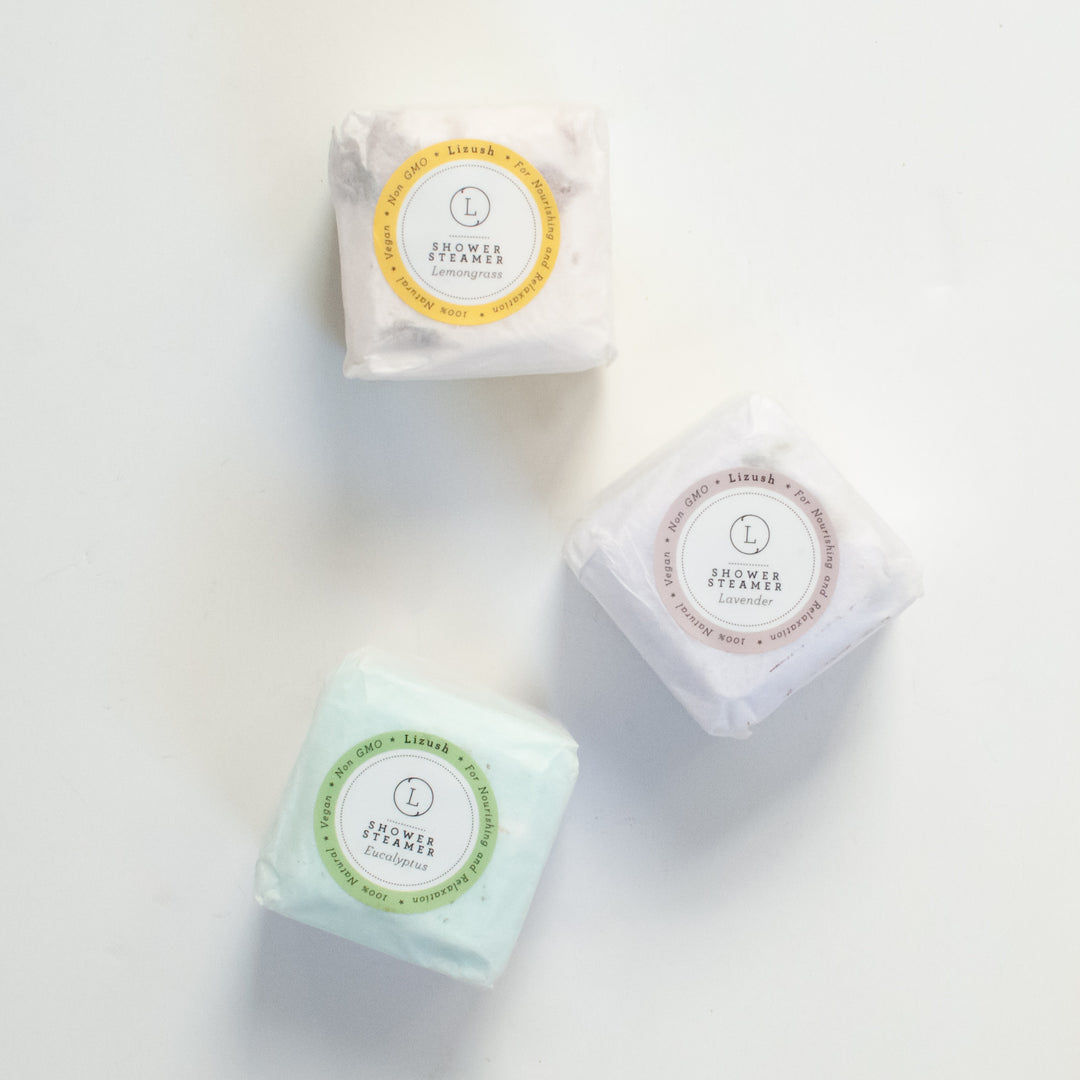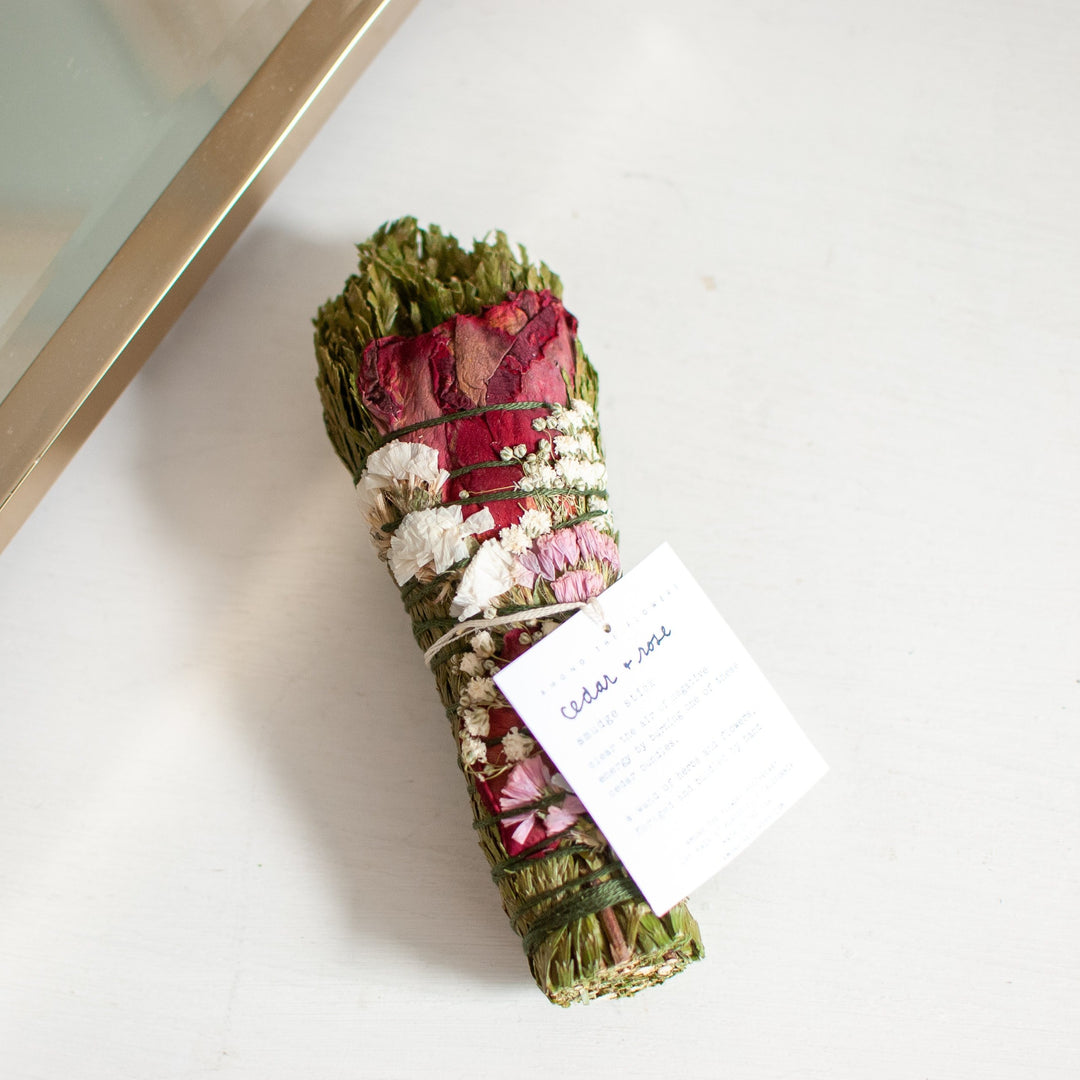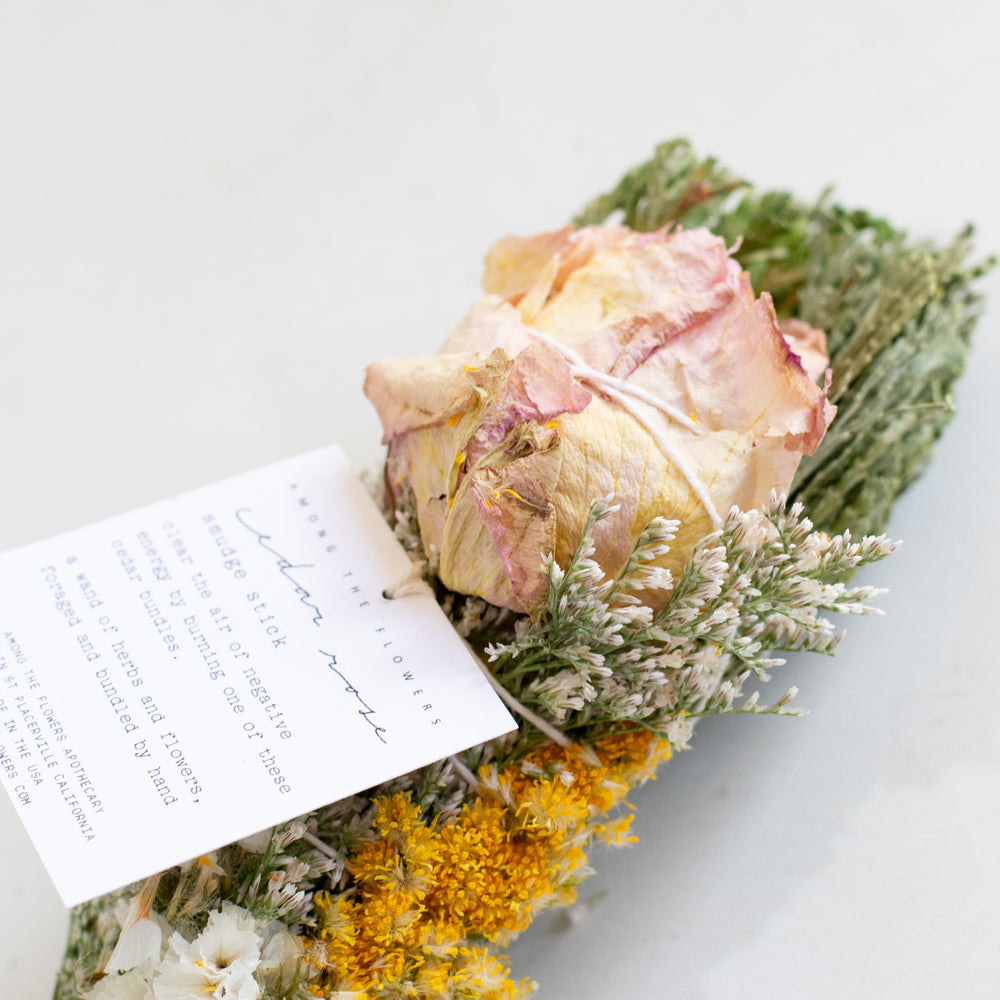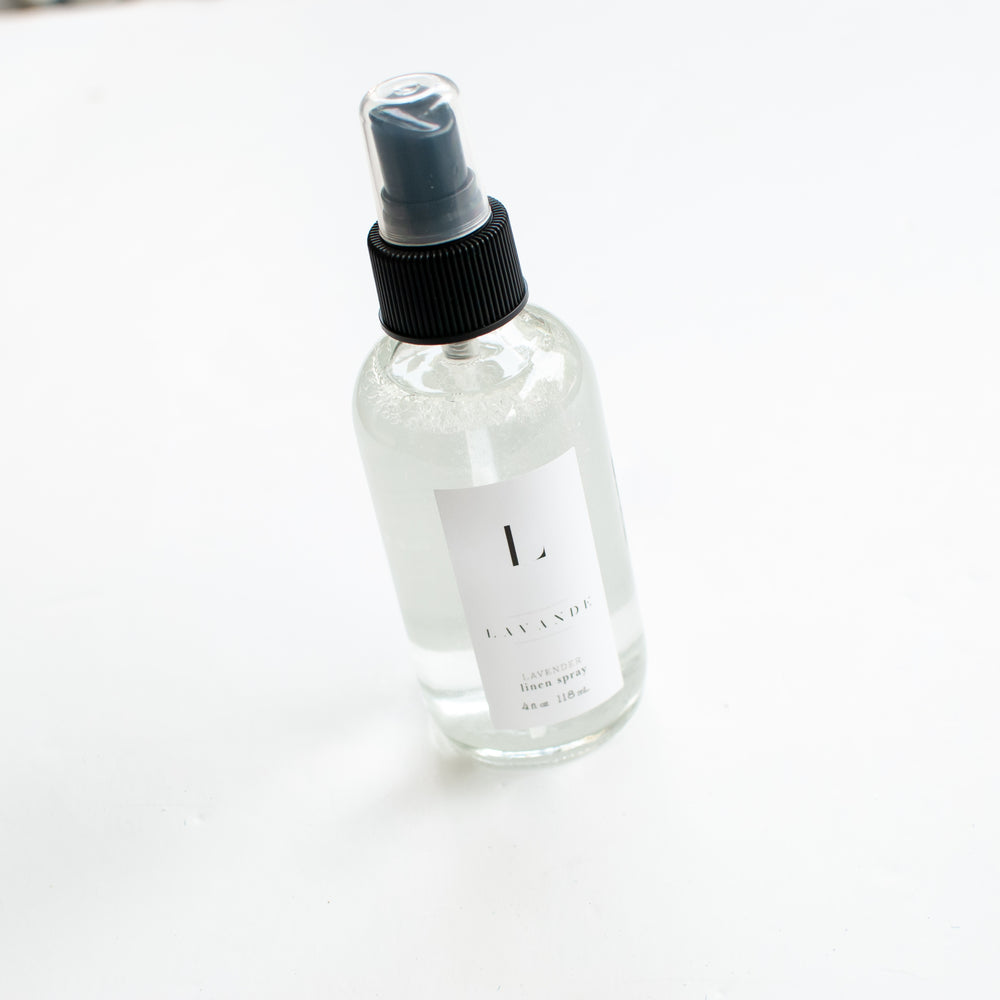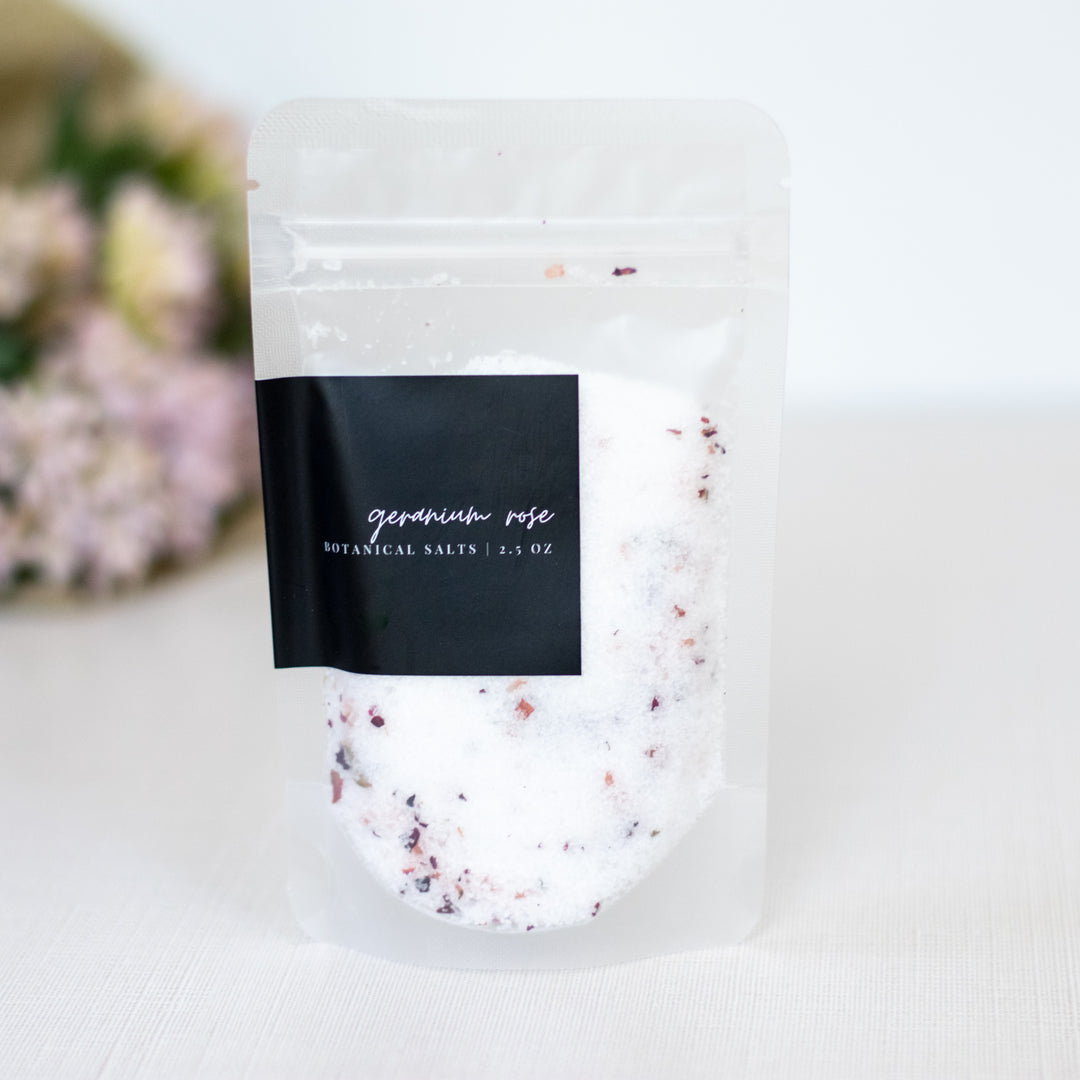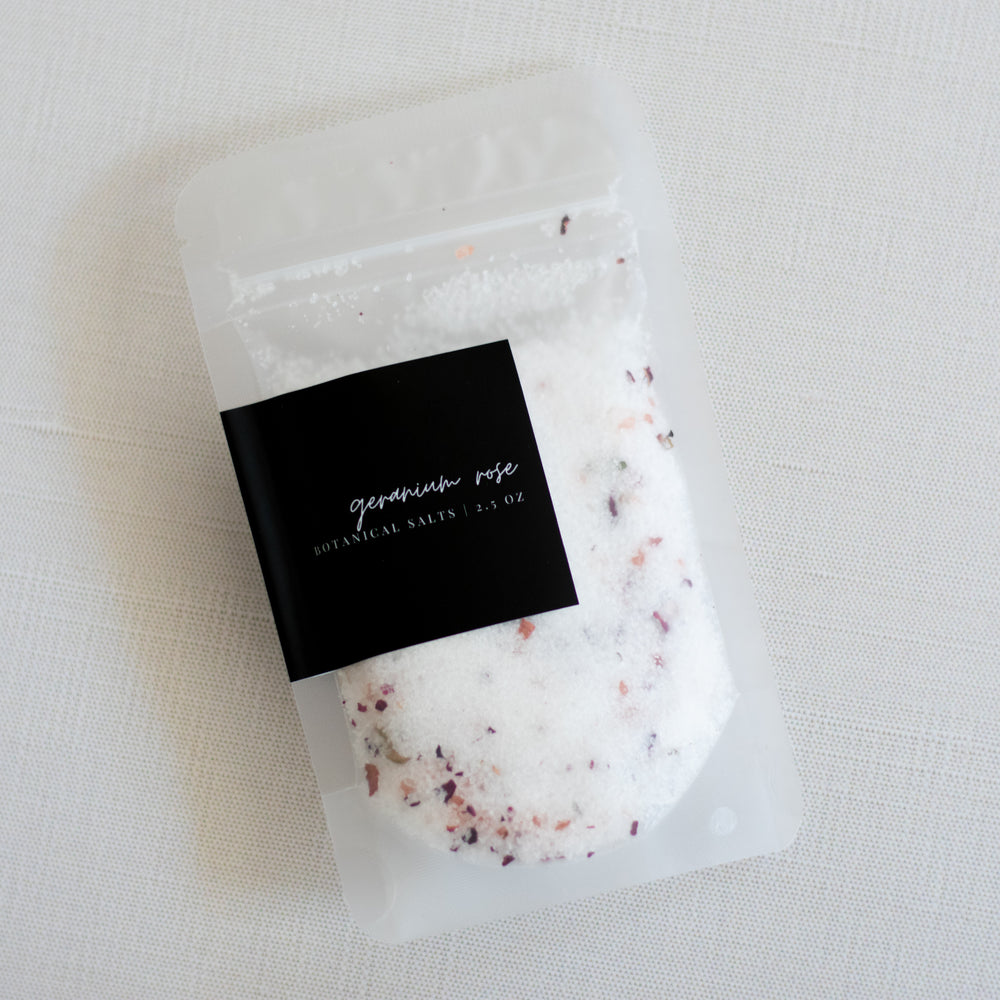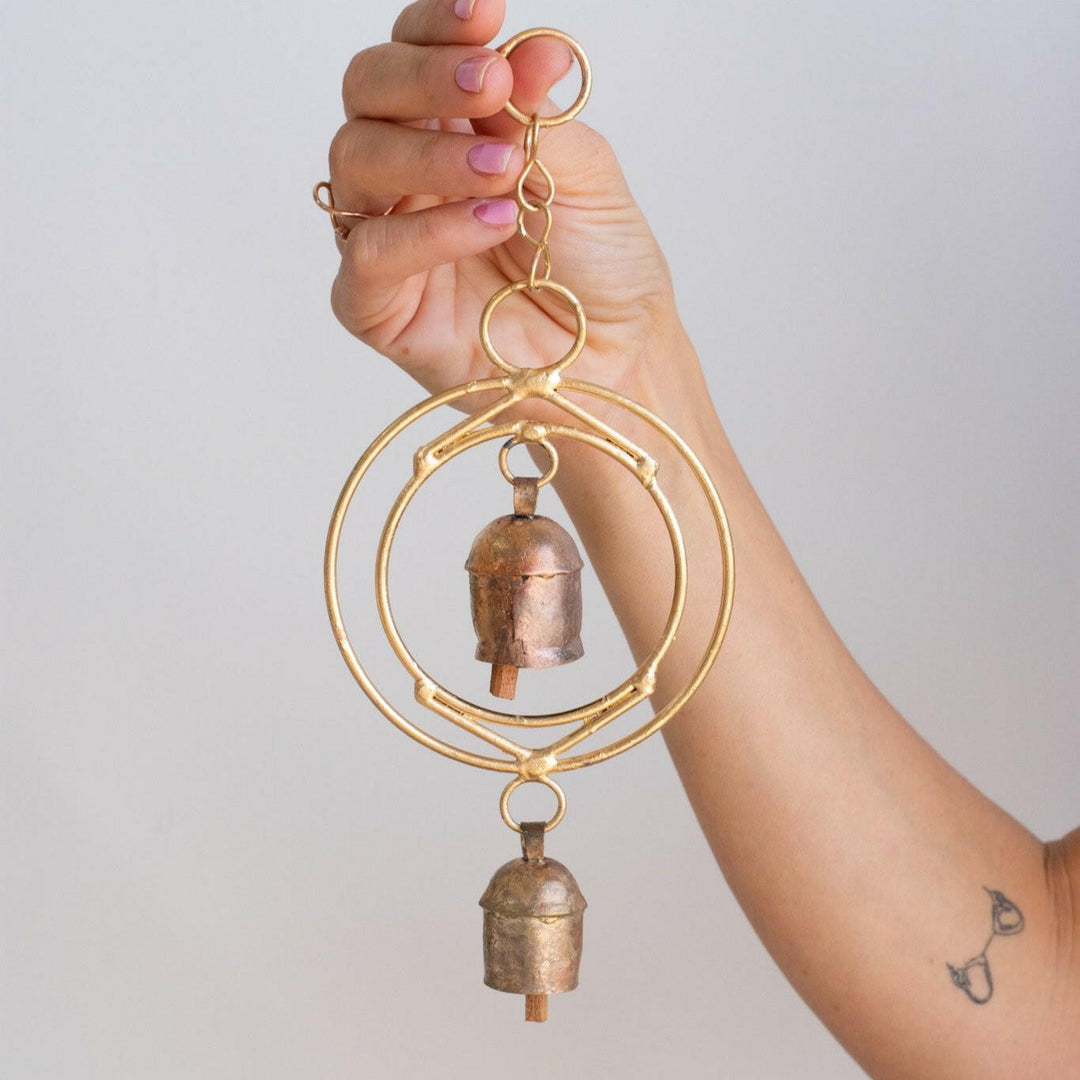
Providing Encouragement & Support Through Infertility:What To Say & What Not To Say
June is officially the start of summer but it is also recognized as World Infertility Awareness Month. There is a good chance that you or someone in your life has struggled with infertility. It can be a hard topic to approach, and difficult to know how best to show support on such a sensitive & personal topic. In this blog, we will provide practical ways to love those struggling through infertility. I know first hand how it feels to be on the receiving end of insensitive or thoughtless words so I’ll also share tips on what not to say. My goal is to empower you with examples of ways and words to show support to those in your circle walking the path of infertility.
Infertility - At a Glance
Infertility is defined as the inability to conceive after one year of trying, or six months if you are over 35. CDC statistics show in the US, 1 in 5 of married women aged 15 to 49 with no prior births are unable to get pregnant after a year of trying. About 1 in 4 of women in this group have difficulty getting pregnant or carrying a pregnancy to term. Those numbers represent a lot of heartache and tears. There are also different types of infertility.
- Primary infertility: You’ve never been pregnant and can’t conceive after one year (or six months if you’re 35 or older) of trying.
- Secondary infertility: You can’t get pregnant again after having at least one successful pregnancy.
- Unexplained infertility: Fertility testing hasn’t found a reason that a woman or couple is unable to get pregnant.
We struggled through two out of three of those (more on that in the next section!) and that was a frustrating season indeed. Infertility is physically, emotionally, mentally and financially exhausting. If you know, you know! However, keep reading for some encouragement and resources if you are walking through that season, or if you are supporting someone who is.
My Infertility Story
When my husband and I decided to start “trying” I was 29 and within three months, we were pregnant. Easy peasy, as they say. When our son was a little over a year and I was still nursing, I found out I was *surprise* pregnant! Eight months later, we tragically lost Cooper at full term from a detached placenta. That obviously wrecked us. You can read more about that experience here. A few months later, we discovered I was *surprise* pregnant again. We were cautiously optimistic that something bad couldn’t possibly happen again. At our second doctor’s visit when I was 13 weeks pregnant, we were crushed for the second time with the words, “I’m sorry. There’s no heartbeat.” It felt like salt in an open wound. That was November of 2016. We were still missing Cooper as we approached the holiday season and now had two babies to grieve. In 2017, when I was cleared by my doctors, we started trying again. And that’s when it happened: nothing. Absolutely nothing. Month after month of disappointment that felt infuriating and perplexing. What was the deal? I had been pregnant three times before - twice without even trying! After months (years? It’s kind of a blur now) we finally made an appointment with a fertility clinic and after all the tests were given the diagnosis of unexplained secondary infertility. I went on meds for a few months. No success. We did one IUI. No success. They suggested IVF and I was adamant that we didn’t need to go to that extreme. After all, I’d been pregnant multiple times before… for FREE. For months I prayed and begged God until I finally admitted it was time. In 2019, we started the IVF process and on October 18, we got the phone call we’d been waiting years for: we were finally pregnant! I remember a flood of emotions - excitement and hope mixed with fear and anxiety. We thankfully delivered a healthy baby girl in June of 2020 and then two years later used another embryo for another sweet girl who arrived in July 2022. That is a very brief description of our journey but I know firsthand how all-encompassing infertility can be. I also acknowledge that we were ultimately able to bring home healthy happy babies. That isn’t the case for every infertility story. If you are someone who didn’t get the outcome you desired, I’m so very sorry. You are courageous and strong, in so many ways.
After almost three years of trying, were diagnosed with unexplained secondary infertility. On the day we received the phone call we’d been praying for since our embryo transfer, we celebrated two pink lines by buying a rainbow onesie for our rainbow baby.

Supporting Someone With Infertility
Here are some tips from Northwestern Medicine on ways to offer support laced with sensitivity to someone navigating infertility.
- Validate Their Feelings - Let them know you want to understand their situation and offer empathy. “I can only imagine how hard this must be,” or “This must feel like you are on a roller coaster,” lets them know you realize how challenging the situation is.
- Ask, don’t assume - Be open to ask, “Do you want to talk about it?” Respect their answer and know it could change on the day. Maybe today they don’t, but ask tomorrow and they’ll be more open to sharing.
- Don’t minimize their condition - Silver linings aren’t helpful here. Statements like “At least you get to sleep in” or “Just enjoy your freedom” will fall flat.
- Don’t compare - Every person’s journey with infertility is different. Comparing someone’s situation with someone else’s just creates stress.
- Be sensitive when talking about your own pregnancy or children - You may be tempted to complain about your kids or pregnancy in an effort to make them feel better, but that isn’t beneficial. But on the flip side, don’t avoid telling them important news so that they have to hear it from someone else. Be honest and thoughtful and give them space.
- Keep them involved - Your friend may be uncomfortable attending children’s events or a baby shower, however keep extending the invitation. Let them know they are always welcome whenever they feel up to joining.
Nope, Nope, Nope: What Not To Say
Let’s just agree that people can have good intentions but still say stupid things. Don’t be that person - know what not to say to someone with infertility. Here is a list I compiled with another friend who walked on the path of infertility for more than ten years! It’s not exhaustive, I’m sure there are lots more insensitive sayings that could be added!
- “Why don’t you just adopt?”
- “Maybe you should try….”
- “Just give it time…”
- “So what’s wrong with you?”
- "I know a friend who got pregnant because…"
- "Take a vacation…"
- "You can always do IVF."
- "Just relax. All that stress is causing your infertility."
- “Don’t think about it!”
- “At least…”
It’s so important to realize that with infertility, so much is outside of our control. It’s lonely, awkward and isolating. As much as we want to, don’t try and offer a solution or a “fix.” Just sit with your friend. Cry with them. Take them to the movies. Drop off ice cream or wine. Consider sending one of our Infertility Support laurelboxes. Don’t be afraid to ask, “How can I support you?” or even “How can I pray for you?” Just be there, in whatever way they need.
Infertility Support
Conclusion
We hope this was helpful in giving you ways to support a friend walking through infertility. Whether it’s World Infertility Awareness month or not, it’s always the right time for supporting someone with infertility. Whether that means showing up by validating their feelings or continuing to invite them to family events, let them know you are there for them. Be mindful of careless words and know what not to say to someone with infertility. Ultimately, be a good friend and lead with empathy. If you are the person navigating the desire for a child with the reality that it hasn’t happened yet, know that we see you. I see you. I know the painful reminder each month brings and the feelings of failure, inadequacy and frustration. I can’t solve your situation, but I can encourage you to share your struggle with trusted family, friends or a wider circle. You might be surprised by the unexpected laughter that comes from shared experiences and new friends you’ll make. Vulnerability can lead to victory - in many areas!
LANNA BRITT
Lanna Britt was a national news producer in Washington DC for nearly a decade covering politics, breaking news and current events. She now lives with her husband and three children in Richmond VA. She has two sweet babies she’ll meet again in heaven.
